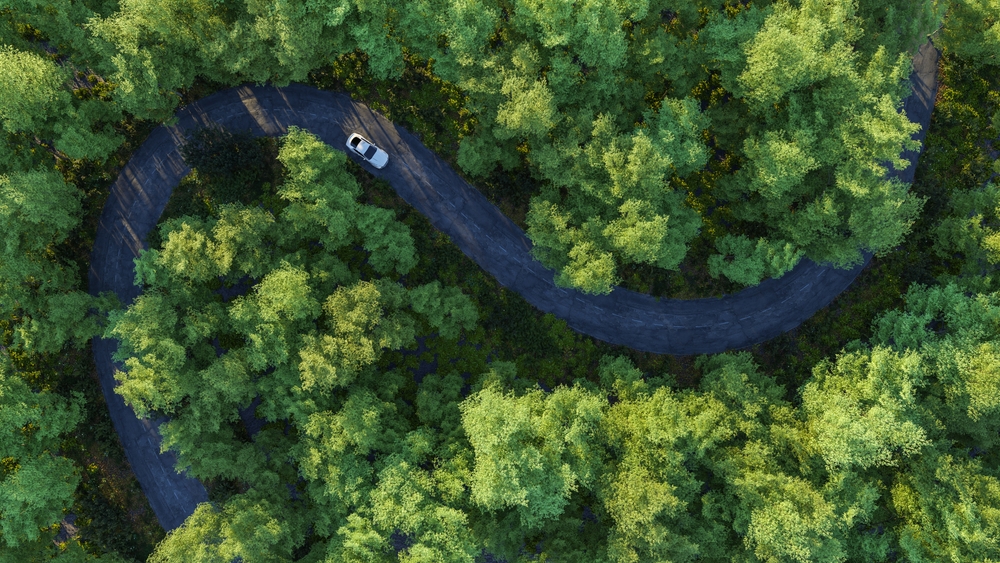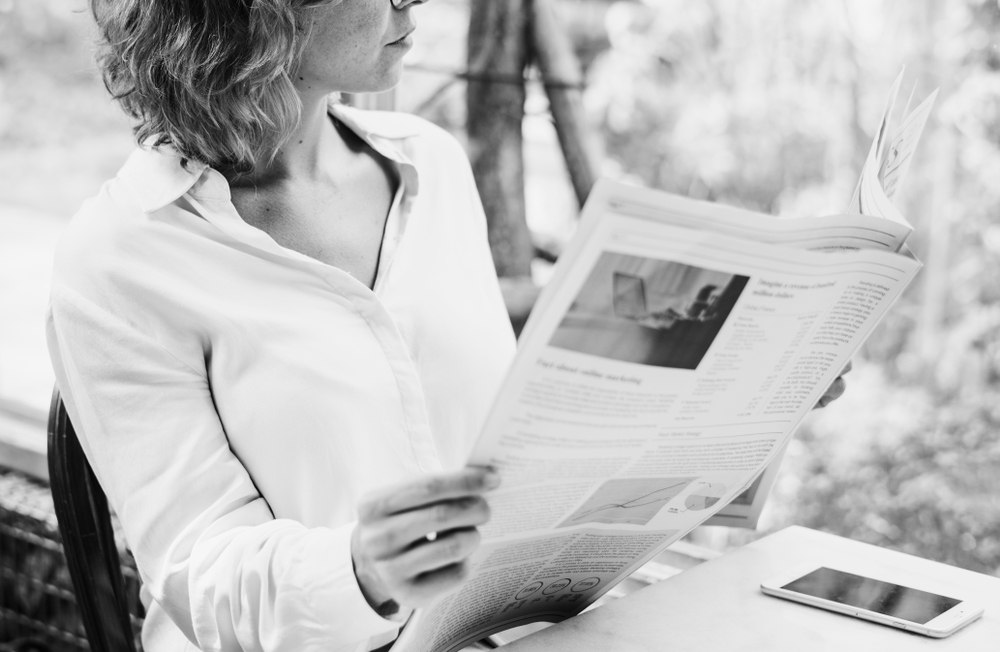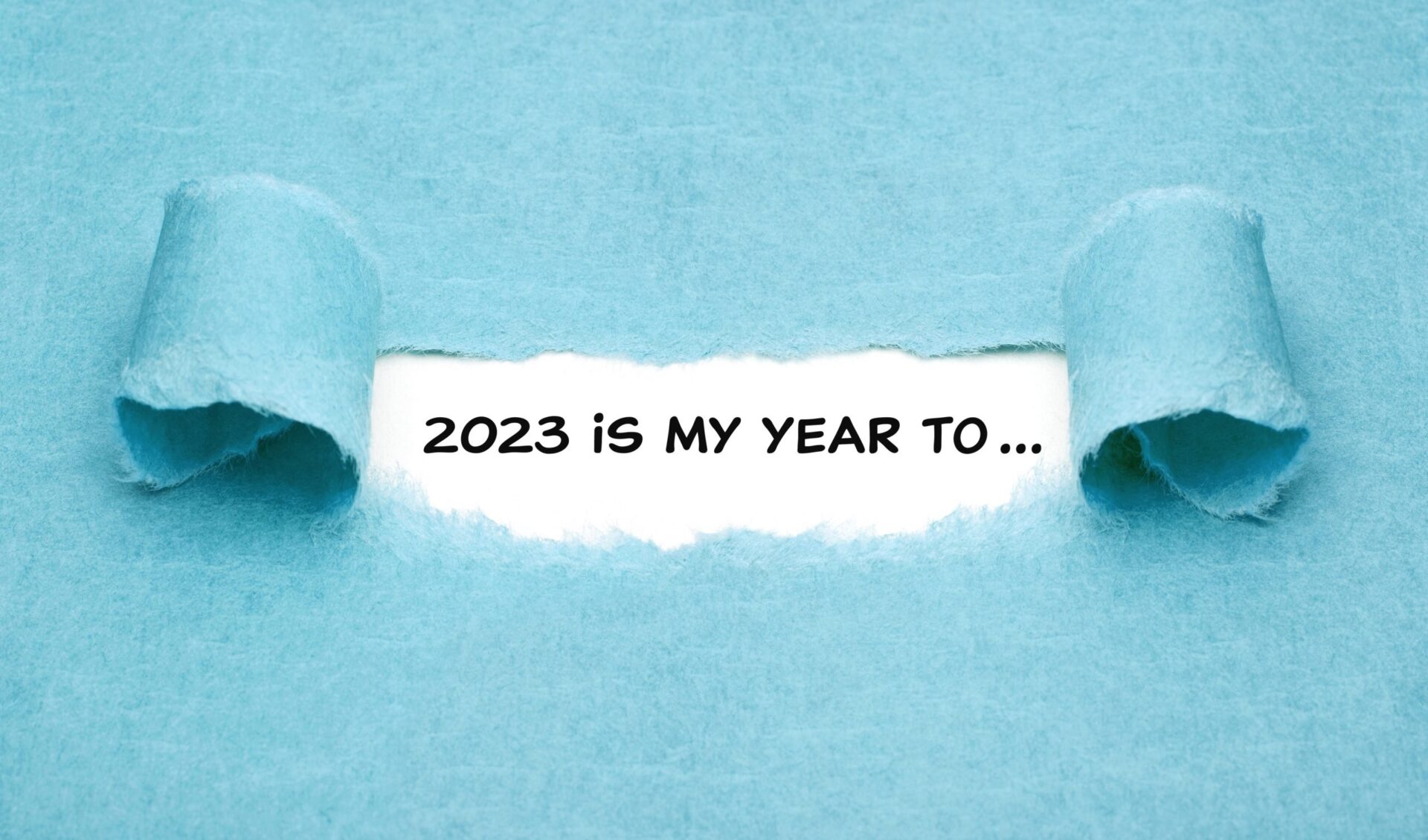As September heralds that back-to-school feeling, even for those of us who have left school decades ago, I am encouraged to critically reassess the craft of facilitation in time for some pruning and sprucing up for the new term. It goes without saying that this is not the definitive answer to the question “What makes a skilled facilitator?” this is the start of a conversation, hopefully, a dialogue. Like some facilitators, I like to present things in metaphors and mental pictures. I am not a font of all knowledge, nor am I a wise owl, and more is the pity I am not a knight in shining armour.
Although I may occasionally act as a diagnostic physician. I will try to relax you and give you the confidence to reveal what’s bugging you. Although your secrets will be well-hidden in the voice of the crowd. Through activities and self-disclosure, I will encourage you to try and be a little bit vulnerable, vulnerable enough so we can begin to work on your agenda along with the agenda of the group. Be warned I am a “Why?” person as many school reports testify.
Are skilled facilitators extroverted, gregarious raconteurs dripping with intrigue and sass appeal? Possibly I’m actually an introvert which may seem a bit inappropriate for someone who stands up in front of strangers with a trembling piece of paper or mouse as a fig leaf and trades in metaphors, stories, recounts experiences, and agitates a group’s imagination. However, a key observer is a keen facilitator. Like an anxious chameleon facilitators need to need to study their surrounding environment and watch, carefully listening to what is said and what’s not said, and try to excavate those deep silences.
Like an agent provocateur, a facilitator may sometimes replay what is being said and how it is being said, and paraphrase what is not being said to help the group navigate away from dependency and learned helplessness to agency and power to equip them to support each other with the solutions and ideas they all crave and collectively possessed. A facilitator should be able to whip up a wave of energy, first gently, but then more vigorously to ensure the sizeable undercurrent of talent, experience, and knowledge in the room, wells up and sweeps over all participants and then encourage a second wave and then another wave of creativity and problem-solving.
I think of a facilitator as a conductor of a great orchestra or a fiercely motivated music producer. Voices are unique like a fingerprint, and they all matter just like instruments that play a finely honed life story. However, is that song a lament of past experiences and doubt, is it a distorted view of how we see ourselves and our reality, or is it an improvised scat of renewed confidence and possibilities based on riffing off the others in the group?
Great facilitation should lead to change so touching the hearts, hands, and minds of learners is key through a mezze of activities that trigger meaningful memories which act as anchors for future change. Through reflective practice, iterative experimentation, and the uncomfortable stumbling forward the learner can re-engineer their approach to the burning issues that they face. Alone or preferably arm in arm with their newfound comrades. Facilitators then can be likened to architects who consider the structural integrity of their planned interventions and learning episodes and think about the balance of a programme against the needs of the group. A skilled facilitator will fuse that with an artistic palette using colour, sound, tone, rhythm, and pace to weave in creativity around the pillars and struts needed to make the finished work impact the observers and the people they answer to.
Facilitators need to be strong, they need strong hands and a strong heart, strong enough to lift the whole group. Strong enough to create the psychological safety the group needs to operate. Able to demonstrate genuine care and positive regard for each and every learner, accepting them, respecting them and believing in them.
But agile enough to step over the historical land mines lurking beneath the surface of the minds of many adult learners. They need to be streetwise and wily enough to diffuse any misguided or errant missiles fired across the bows or even towards them. The facilitator needs the strength and confidence to hold up a mirror to the group and help them to do something about what they see. However, this must first be modelled by the facilitator.
But hey these are just my thoughts. Like so many of my school reports you might be thinking “could do better” so what do you think makes a skilled facilitator?





